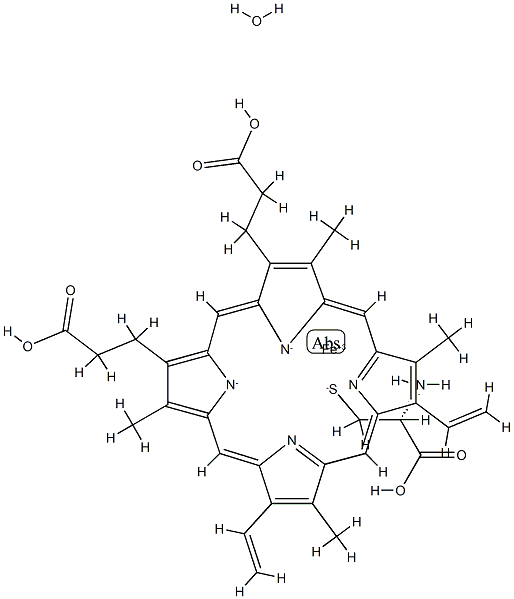Description
The CYP2D6 is of particular importance, because it metabolizes a wide range of commonly prescribed drugs, including antidepressants,
antipsychotics, β-adrenergic blockers, and antiarrhythmics (Table 10.7). The CYP2D6 deficiency is a clinically important genetic variation
of drug metabolism characterized by three phenotypes: UM, EM and PM. The PM phenotype is inherited as an autosomal recessive trait,with 5 of 30 of the known CYP2D6 gene mutations leading to either zero expression or the expression of a nonfunctional enzyme. Approximately 12 to 20% of Caucasians express the CYP2D6*4 allele, and 5% express the
other CYP2D6 alleles.
Up to 34% of African Americans express the CYP2D6*17 allele, and 5% express the other CYP2D6 alleles. Up to
50% of Chinese express the CYP2D6*10 allele, and 5% express the other CYP2D6 alleles (these individuals are referred to as PM)
(73,75). Conversely, the 20 to 30% of Saudi Arabians and Ethiopians who express the CYP2D6*2XN allele are known as UMs of CYP2D6
substrates, because they express excess enzyme as a result of having multicopies of the gene. Inasmuch as CYP2D6 is not inducible,
individuals of Ethiopian and Saudi Arabian descent have genetically developed a different strategy to cope with the (presumed) high load
of alkaloids and other substances in their diet; thus, the high expression of CYP2D6 using multiple copies of the gene. Those individuals
who are deficient in CYP2D6 will be predisposed to adverse effects or drug toxicity from antidepressants or neuroleptics caused by
inadequate metabolism or long half-lives, but the metabolism of pro-drugs in these patients will be ineffective because of lack of activation
(e.g., codeine, which must be metabolized by O-demethylation to morphine).
Those with the UM phenotype will require a dose that is much
higher than normal to attain therapeutic drug plasma concentrations (e.g., one patient required a daily dose of ~300 mg of nortryptyline to
achieve therapeutic plasma levels) or a lower dose for pro-drugs that require metabolic activation. Individuals with the PM phenotype also
are characterized by loss of CYP2D6 stereoselectivity in hydroxylation reactions.
Clinical Use
The CYP2D6 polymorphism is, perhaps, the most studied CYP450. This enzyme is responsible
for at least 30 different drug oxidations, representing approximately 21% of the clinically important drugs. The CYP2D6 is only
3% expressed in the liver and minimally expressed in the intestine, and it does not appear to be inducible. Because there may
be no other way to clear drugs metabolized by CYP2D6 from the system, poor metabolizers of CYP2D6 substrates may be at severe risk
for adverse drug reactions or drug overdose. The metabolism of debrisoquine by CYP2D6 is one of the most studied examples of metabolic
polymorphism, with its molecular basis of defective metabolism being well understood. This isoform metabolizes a wide variety of lipophilic amines and is probably the only CYP450 for which a charged or
ion-pair interaction is important for substrate binding. It also appears to preferentially catalyze the hydroxylation of a single enantiomer
(stereoselectivity) in the presence of enantiomeric mixtures.
Quinidine is an inhibitor of CYP2D6, and concurrent administration with
CYP2D6 substrates results in increased blood levels and toxicity for these substrates. If the pharmacological action of the CYP2D6
substrate depends on the formation of active metabolites, quinidine inhibition results in a lack of a therapeutic response. The interaction
of two substrates for CYP2D6 can prompt a number of clinical responses. For example, depending on which substrate has the greater
affinity for CYP2D6, the first-pass hepatic metabolism of the substrate (drug) with weaker affinity will be inhibited by a second substrate
having greater affinity. The result of this will be a decrease and prolongation of elimination of the first substrate, leading to a higher
plasma concentration and an increased potential for adverse toxicity.





